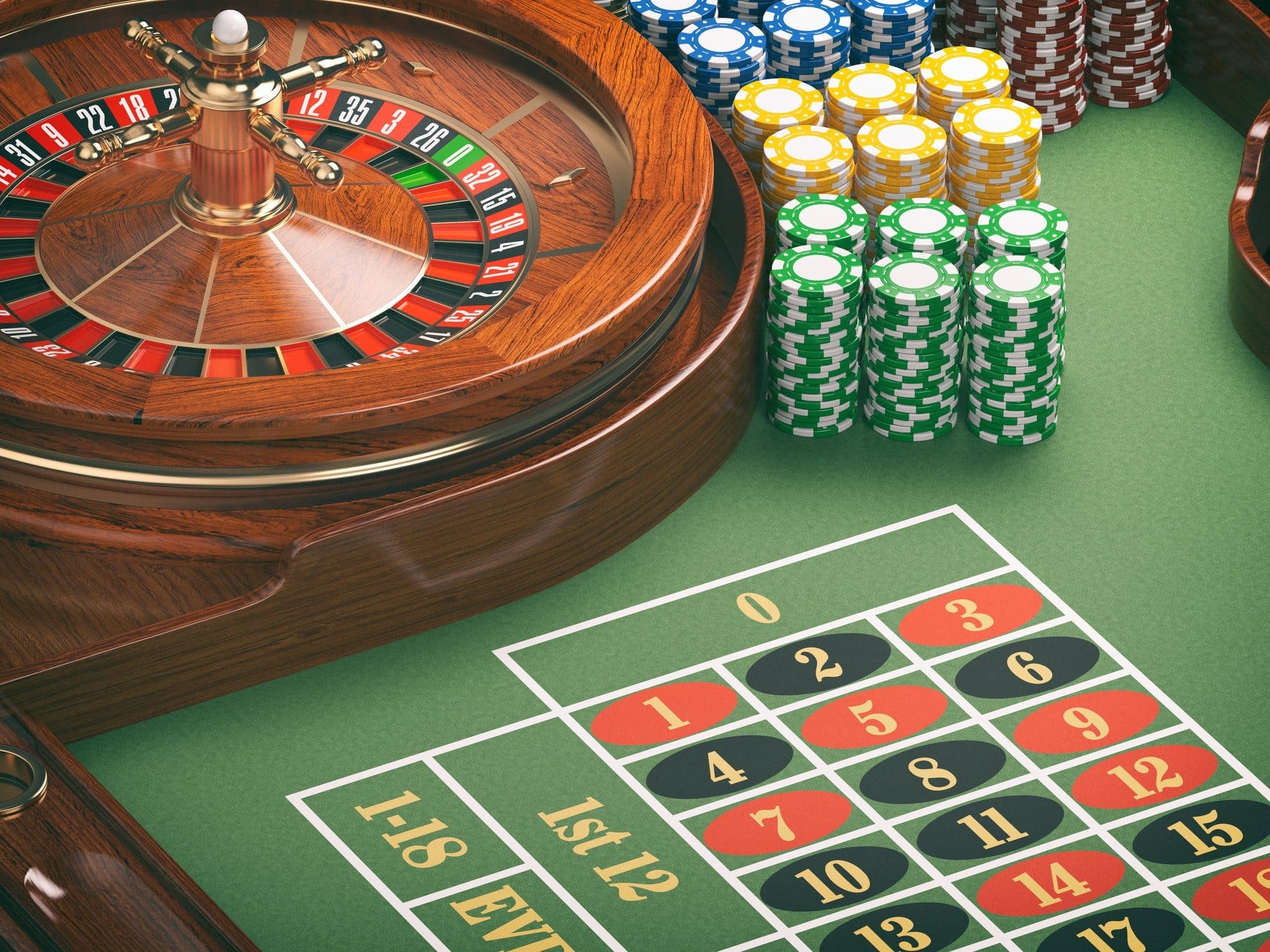The Relationship Between Casino Activities with Math

Gambling games have enthralled players for ages, drawing them into a world of adventure, fortune, and wealth. From the flashing lights of video slots to the tactical action of poker games, these activities offer a special blend of amusement and hazard. However, below the surface of this glamour and glamour lies a complex relationship of mathematics that determines every outcome and action made within the gambling establishment.
Grasping this relationship between casino games and math not just enhances the playing experience but may also help gamblers make informed decisions. Whether you are a casual player or a passionate follower, recognizing the numerical strategies at play can provide valuable insights into chances, ratios, and approaches, eventually shaping how one tackles these chance games.
Mathematical Likelihood in Gambling
In the world of gambling games, mathematical probability plays a crucial role in assessing results and guiding player choices. Each activity has a unique set of regulations and a particular probability model that shapes its dynamics. For example, in games like roulette, players must comprehend the probabilities of landing a specific digit or color. The probability of certain events occurring can be computed, and this knowledge can greatly affect wagering tactics.
Players also need to be aware of the house edge, which is the statistical advantage that casinos hold over players in the long run. This advantage varies across various activities. In blackjack, expert players can use tactics to reduce the house edge to as low as 1 %, while in activities like slot machines, the house edge can be substantially larger. Understanding the house edge allows players to make educated decisions about which activities to participate in and the amount to bet.
Additionally, probability is crucial in the concept of risk versus reward in betting. https://officeart.london/ Each wager carries a certain danger factor, and gamblers must consider the potential return against that risk. Games like poker require gamblers to not only compute the chances of their own hand winning but also to evaluate the probabilities of their rivals’ hands. By utilizing mathematical concepts to their strategy, players can improve their odds of winning and participate more effectively in the exciting realm of casino activities.
Expected Value in Gambling Games
When discussing gambling activities, one of the basic concepts rooted in mathematics is the anticipated worth. This numerical measure helps gamblers understand the possible results of their bets over time. In basic terms, expected worth (EV) calculates the average amount a gambler can expect to win or lose per wager if they were to play the game repeatedly. Each game has its own EV, influenced by the probabilities and the house edge, which indicates the advantage that the casino holds.
For instance, consider a game like roulette. The anticipated worth can be derived based on the specific bet made. If a player bets on a single number, the return is 35 to 1, but the actual odds of winning that wager are 1 in 37 (in European roulette). This leads in a detrimental expected value, showing that, on the whole, players will lose money over time when playing this type of wager. Grasping this idea allows players to make more informed choices about which activities and wagers may be more favorable.
Additionally, the exploration of anticipated value can lead to improved money management. Players who understand the math behind their games are often able to set realistic goals. By acknowledging their possible deficits and profits, they can adjust their playing strategies appropriately, which may enhance their overall gambling experience. As a result, anticipated worth serves as a critical resource for both novice and seasoned players to navigate the often unpredictable character of casino games.
Strategies and Chances: The Math Behind Success
In casino games, understanding the chances is essential for participants attempting to boost their opportunities of winning. Each game has its own unique set of odds that dictate successful outcomes, and these statistics are often located in the rules of the game rules or reward charts. For instance, in games like 21, participants can enhance their probabilities through tactics such as tracking cards, which depends on arithmetic concepts to gain an upper hand over the house. By educating themselves with the chances, participants can make more knowledgeable choices on when to place bets and when to fold.
Additionally, the principle of average value holds a critical role in gambling strategies. Expected value assesses the typical outcome of a bet over time, allowing gamblers to assess whether a certain stake is worth taking. For example, slot machines have a set payback percentage, which can show the typical return a player can look for on their wagers. By opting for activities with better expected values, players can reduce the casino edge, enhancing their potential returns in the future.
Lastly, successful participants often utilize a blend of chance and mathematical strategy to boost their gaming experience. While luck is unpredictable, managing a staking plan based on math insights can lead to more positive results. By utilizing techniques such as budgeting and game selection, players can leverage mathematics to handle the volatile nature of gaming, making the most of their time and investments at the gaming tables.